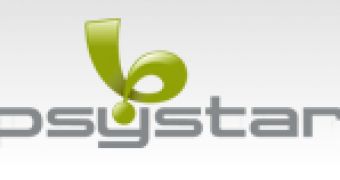Apple is not lowering its guard in the legal dispute with Miami-based Mac cloner, Psystar. A 23-page motion that dismisses Psystar’s antitrust claims has been filed by Apple, which has decided not to issue a response to the company's counterclaim.
Psystar first started making profits using Apple's OS when it began shipping the OpenMac, a regular PC whose parts had been fed some drivers to be able to run Apple's Mac OS X Leopard. As its business was thriving, Apple noticed and was initially upset by the system's dubbing: OpenMac. The Cupertino-based corporation, and real Mac maker, asked Psystar to change that name into something that would not include “Mac.” But what became the OpenComputer still wasn't something Apple could condone, as it violated its EULA.
Apple's EULA specifically states that no other system, except its own, is allowed to run Mac OS X. So, the company sued. Faced with these allegations, Psystar answered back saying Apple was violating monopoly laws by tying OS X to its hardware. According to recent reports, Psystar even claims Apple embedded code in Mac OS X that sends the system into a kernel panic, when it recognizes non-Apple hardware.
Psystar is now requesting the court to find Apple's EULA void, and is asking for unspecified damages. Its attorneys are calling Apple's allegations of copyright infringement "misinformed and mischaracterized". The Florida-based Mac-cloner argues that its OpenComputer product is shipped with a fully licensed, unmodified copy of Mac OS X. Rudy Pedraza, Psystar's CEO added that the company had simply "leveraged open source-licensed code including Apple's OS" to enable a PC to run the Mac OS. Pedraza claimed they wanted to make Apple's Mac OS "more accessible" by offering it on less expensive hardware than Apple's own computing solutions.
"My goal is to provide an alternative, not to free the Mac OS," said Pedraza. "What we want to do is to provide an alternative, an option... It's not that people don't want to use Mac OS, many people are open to the idea, but they're not used to spending an exorbitant amount of money on something that is essentially generic hardware.”

 14 DAY TRIAL //
14 DAY TRIAL //